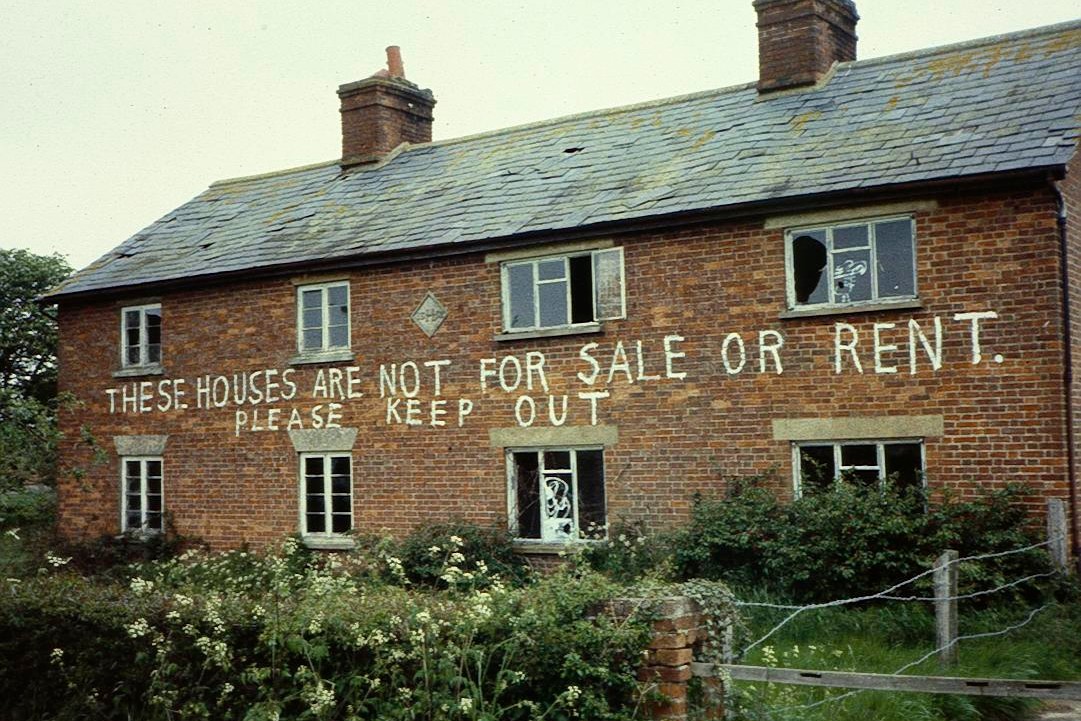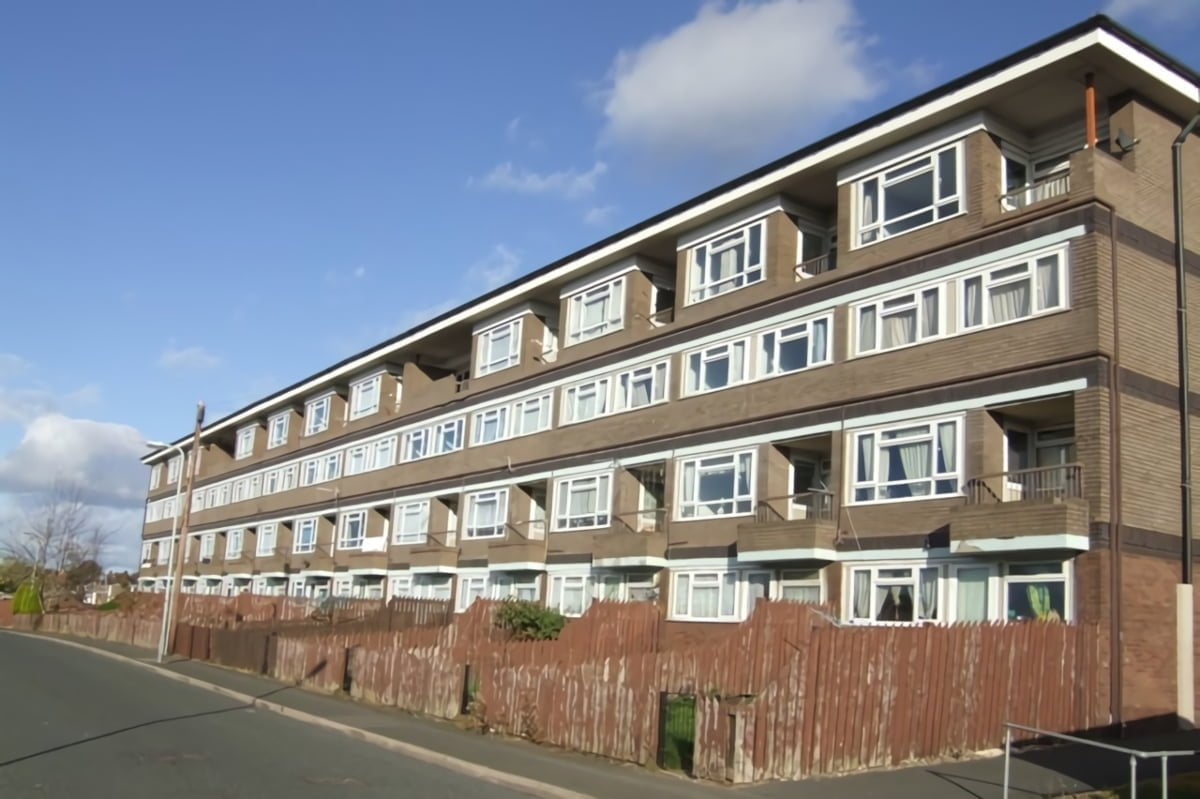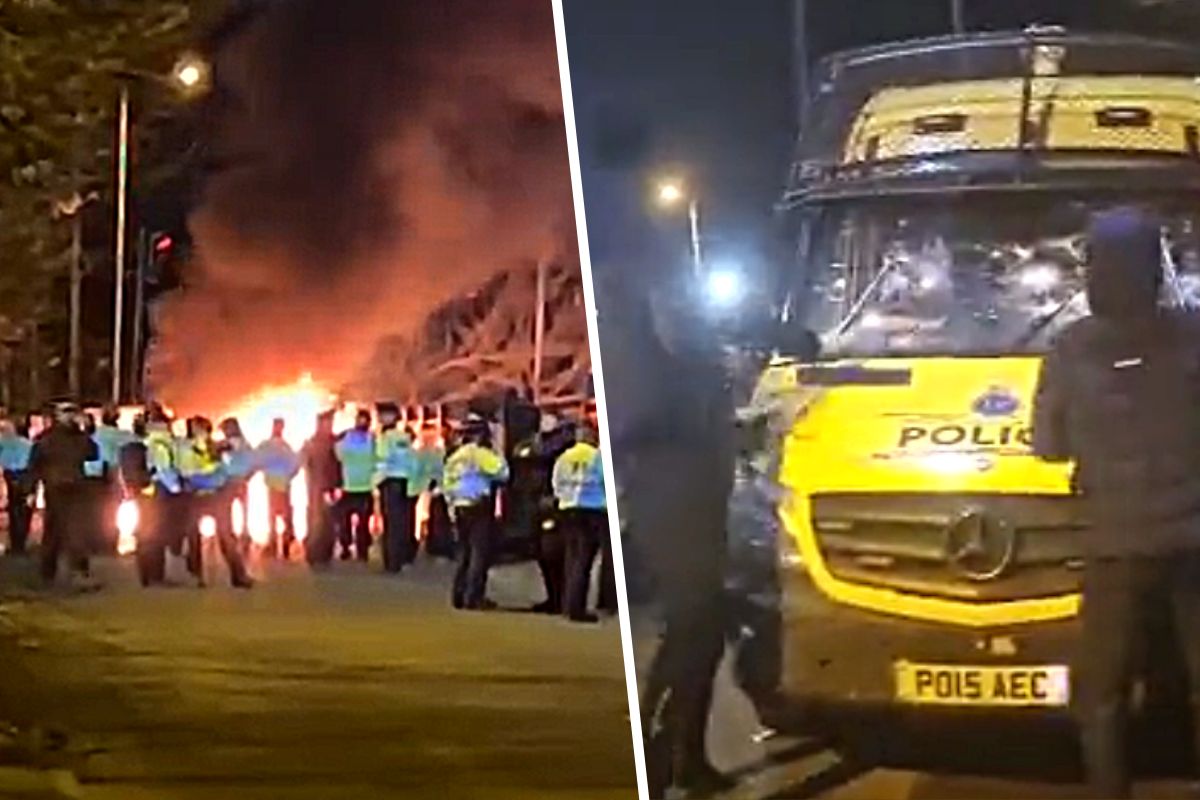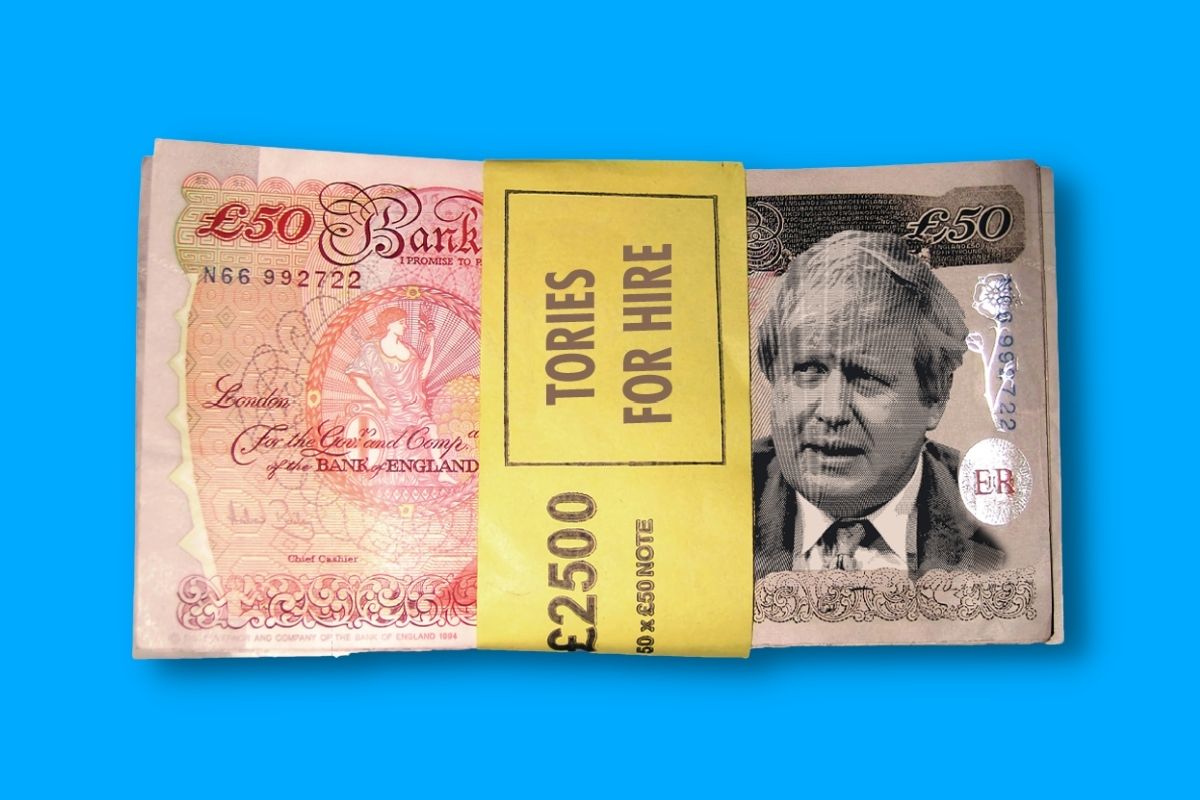The Tories have scrapped the ban on housing evictions, putting more than a million households at risk of homelessness. The labour movement must take up a radical programme to fix the housing crisis – one that puts lives before profits.
On Tuesday 31 May, the government lifted the ban on evictions, potentially placing more than a million households at risk of homelessness.
The ban was first introduced in March 2020, following the first rapid spread of COVID-19 in Britain. It was meant to protect people from being evicted if they could no longer keep up with their rent due to the effects of the pandemic.
The ban was initially expected to last for only a few months. But it was continually extended as the Tories failed to control infections, and the economic crisis unleashed by the virus continued to rage.
Yet with no genuine help for the millions of renters now at risk of eviction, the Tories have once again placed profits above human lives by taking the side of landlords against working people.
Precarious
 An estimated 400,000 people have already been served an eviction notice, or been told to expect one. Research by the Joseph Rowntree foundation has found a further 1.7 million people are struggling to keep up with their rent and are worried about being evicted.
An estimated 400,000 people have already been served an eviction notice, or been told to expect one. Research by the Joseph Rowntree foundation has found a further 1.7 million people are struggling to keep up with their rent and are worried about being evicted.
Generation Rent estimated that almost £300 million in rent arrears has been built up during the pandemic. This is since tenants who lost their jobs or suffered a reduced income simply couldn’t continue to pay the eye-watering rents demanded by private landlords across Britain. Many therefore owe thousands of pounds of rent arrears, on top of their other accumulated bills.
The government has claimed that the eviction ban is no longer necessary, since the economy is starting to recover as the country moves out of lockdown. But even if this long promised recovery materialises, how are these renters meant to pay off such a huge level of debt?
Most workers live paycheck to paycheck as it is. Even before the pandemic, many already felt the squeeze when it came to keeping up with their rent and bills. Even the most magical ‘recovery’ isn’t going to put sufficient money in workers’ hands to pay back these arrears.
Homeless
With landlords intent on squeezing as much profit as possible out of their properties, those who can’t pay will simply be shown the door.
Even before the pandemic, homelessness in the UK was skyrocketing.
From when the Tories took power in 2010 up until 2019, the number of rough sleepers in the UK increased by more than 250 per cent. This was a clear result of austerity, as the government shredded the welfare safety net and slashed funding for homelessness services.
The pandemic has since sunk millions of people who were just about managing to stay afloat, whilst these billions of pounds worth of cuts remain in place. Many more people will face similar financial hardship when the furlough scheme is scrapped in September.
Profit
 The ability to provide decent accommodation is, along with sustenance, one of the most basic measures of success for a society. On this basis capitalism in Britain has failed miserably. The most recent crisis has only served to take things even further backwards.
The ability to provide decent accommodation is, along with sustenance, one of the most basic measures of success for a society. On this basis capitalism in Britain has failed miserably. The most recent crisis has only served to take things even further backwards.
Yet in one of the richest countries in the world, how can so many people not be able to afford to keep a roof over their head? Why in a country where more than 650,000 homes lie empty, are so many people forced to sleep on the streets? The simple answer is profit.
Time and time again workers are made to pay the price for this system in crisis. These renters facing eviction are no different.
The Tories are quite happy to sacrifice the homes of millions of workers to protect the profits of the landlords, just like they shield the bosses from the cost of the crisis.
So far, the Labour leadership have put forward a meek set of proposals, which in effect side with landlords over tenants. The labour movement must instead take up a militant programme to defend workers against these attacks. We demand:
- Not one more eviction! Write off the pandemic rent arrears, and protect renters to stay in their homes.
- Takeover over the 650,000 empty properties now to house the homeless and rough sleepers.
- For a mass construction programme of affordable council housing, to be made possible by nationalising the land, the big housing developers, the construction firms, and the banks.
- To nationalise the assets of the big landlord companies, and set rents at no more than five percent of net income.






